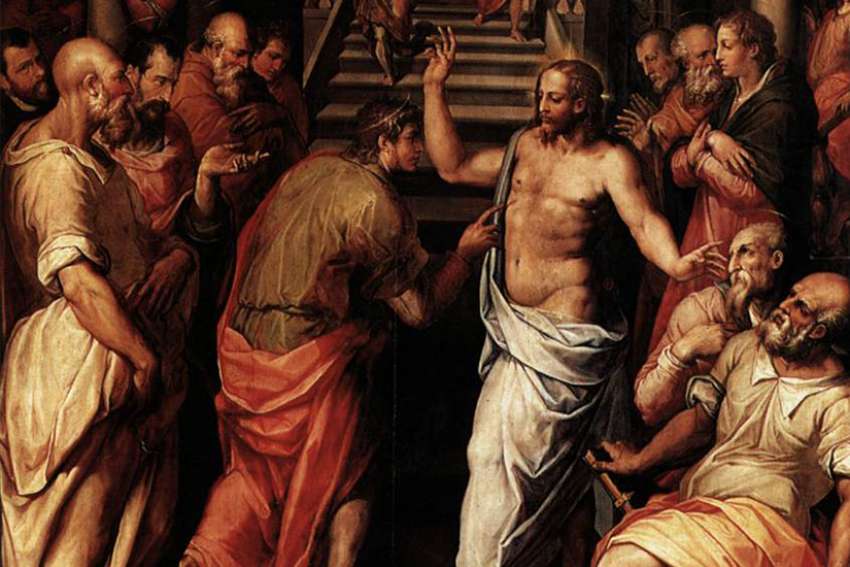Peter did not sugarcoat his message. The people had rejected the Holy and Righteous One sent from God and had handed Him over to the authorities for execution. The most powerful accusation was his insistence that they had killed the Author of Life.
These are extremely serious charges, but it is important to remember that only a handful of people were involved in the arrest and execution of Jesus. Most people had been at least open to His teaching and ministry. It is not helpful to universalize or exaggerate and Luke usually tends in this direction.
Luke was fond of literary hyperbole, such as “all the people” said or did such and such. Unfortunately, this was not understood in future generations and this sort of rhetoric often fuelled anti-Semitic attitudes.
Emotive language can be dangerous and difficult to control once it is spoken.
Peter did soften his message a bit. He conceded that most of them acted out of ignorance. They have lots of company, both then and now, as people continue to do terrible things that are based on ignorance and prejudice.
He offered them a second chance: repent and be baptized. The forgiveness of sins was the essence of the ministry and mission of Jesus. And many did! Many of us can remember a time when we were given a second chance — even a third, fourth, fifth and beyond.
Are we willing to grant another chance to individuals or groups who have offended or hurt us, or do we write them off completely?
Do we ascribe their behaviour to wickedness and bad character, or are we willing to at least consider what influenced their behaviour? Forgiveness or another chance is not something earned — it is a merciful and compassionate gift, reflecting the nature of God.
The author of 1 John set the bar high and for good reason. To believe in Jesus is to walk in His footsteps, obey His teachings and accomplish His will.
The only way we can be identified as a genuine and sincere follower of Jesus is if we obey His commandments.
In John’s view, the commandments of Jesus can be summed up in the love commandment. John has no use for religious behaviour that is devoid of love, compassion and a strong desire to do the will of God. Religious talk, regardless of how pious it may seem, is a lie if not accompanied by a life reasonably patterned on the example set by Jesus.
After His sudden appearance in the upper room, Jesus had to convince His terrified disciples that He was not a ghost or apparition, and that He was the same person they had seen die on the cross.
He showed them His wounds and invited them to touch Him; He also ate broiled fish. Ghosts do not have wounds, nor do they eat.
The acceptance of the physical nature of the incarnated Christ has been a hard-won victory. There has always been the tendency to explain away His humanity and His suffering and focus predominantly on His divine nature.
A hurdle remained for Jesus. He had to explain to the disciples that His suffering and death were not accidents or deviations from the divine plan. Just as He had done with the two disciples on the road to Emmaus, He broke open the Scriptures for them. He demonstrated that they all bore witness to Him, including His passion, death and resurrection. Everything had gone according to the divine plan.
The early Christian communities read Scripture (the Old Testament) looking back through time from the vantage point of the life of Jesus.
The life of Jesus in the Gospels was written with the language, symbols, patterns and themes of the Old Testament. Now it was time for the apostles to take the baton from Jesus and complete the mission.
From the beginning of the Gospel, Luke portrayed the mission of Jesus as universal and inclusive in nature. They were to proclaim to all nations repentance and forgiveness of sins in His name.
This gift of the risen Jesus is for all humanity and its proclamation is the mission in which we all share today.
It is the good and joyful news, and that is how it should always be proclaimed.
God's word on Sunday: Forgiveness is essence of Jesus’ mission
By Fr. Scott Lewis, S.JThird Sunday of Easter, April 15 (Year B) Acts 3:13-15, 17-19; Psalm 4; 1 John 2:1-5; Luke 24:35-48
Tagged under:


